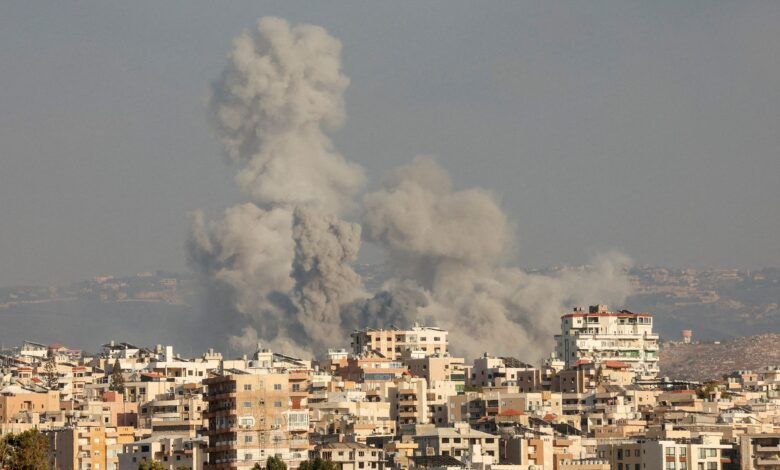Hezbollah may have pushed Israel into a new war

Lebanese terror cadre Hezbollah has been feinting toward war with Israel since the terrorist atrocities of Oct. 7. Now it looks like Iran’s deadliest proxy army may get what it wants as Israel has launched a devastating wave of airstrikes meant to cripple Hezbollah’s warfighting capacity.
The group saw its leadership’s communication devices — pagers and handheld radios — destroyed last week in a spectacularly precise attack widely assumed to be Israel’s handiwork.
Yet more crucially, Israel took out the commanders of Hezbollah’s Radwan unit with an airstrike as they were reportedly planning an Oct. 7-style invasion of Israel from the north.
As a brilliant psychological and operational blow, hard to match.
Now Israel has hit hundreds of targets as Prime Minister Benjamin Netanyahu promises to “change the balance of power in the north.”
This is an absolute strategic necessity for Israel: Hezbollah, with its nearly year-long campaign of rocket terror attacks on the nation’s north, has forced the dislocation of around 60,000 Israelis, something Netanyahu cannot let continue.
The latest airstrikes were aimed at taking out the facilities that power those rocket offensives, and indeed may be starting to do just what Bibi promised.
Hezbollah and its patrons in Tehran may well have been counting on more restraint from Israel, since it’s still fighting another Iranian proxy force, Hamas.
The mullahs and their murderous satrap Hassan Nasrallah may also have counted on the disingenuous outrage from the global left over Gaza to deter the IDF.
None of this is to say that a fight with Hezbollah will be easy for Israel.
Quite the contrary: These servants of Iran’s hegemonic terror project are well-resourced, well-armed, skilled and tenacious.
But for Israel to maintain anything like national security, it must push Hezbollah back north of the Litani River — a peacekeeping task the United Nations has nominally been charged with for nearly two decades, even as it has enabled Hezbollah instead.
Hamas has already learned that Israel under Netanyahu will fight terrorists bent on its annihilation with everything it has for as long as it takes.
If Hezbollah doesn’t at least retreat north of the Litani, it’s likely next in line for that harsh but necessary lesson.




